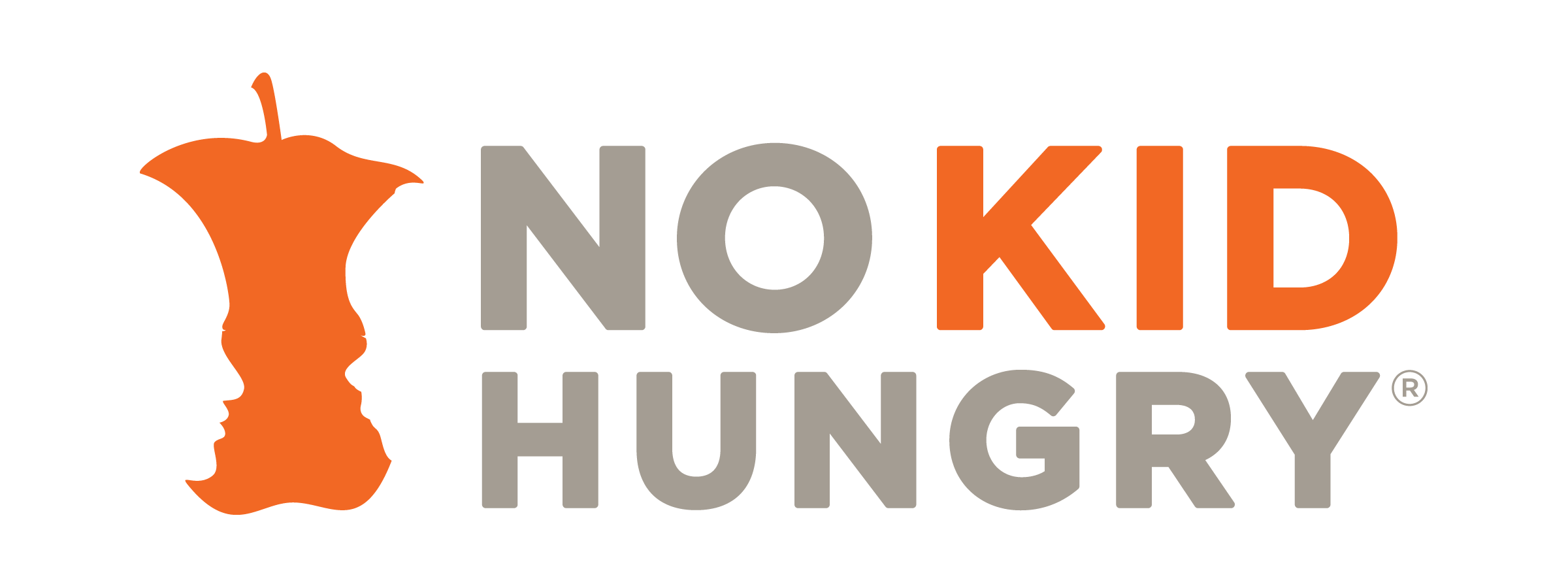Contact: Johanna Elsemore at 202.478.6554 or jelsemore@strength.org
12/4/2019, NEW YORK, NY – This morning, the White House finalized a rule that will tighten work requirements for able-bodied adults without dependents (ABAWDs) on Supplemental Nutritional Assistance Program (SNAP), likely resulting in nearly 50,000 New Yorkers losing benefits. The following is a statement from No Kid Hungry New York Director Rachel Sabella:
“It is deeply disappointing that despite overwhelming opposition to this proposal, the White House has finalized a rule that stiffens work requirements for millions of SNAP participants nationwide, which will likely lead to tens of thousands of New Yorkers losing their benefits.
As the U.S. Department of Agriculture reported in September, food insecurity among adults and children has finally declined to pre-recession (2007) levels.
And New York is no exception: The prevalence of food insecurity in our state is the lowest in over a decade, thanks in part to SNAP.
Yet over the last year, three new rules have been proposed that create stricter work requirements for program eligibility, cap deductions for utility allowance and limit access to SNAP for working poor families.
A new study by the Urban Institute shows that the combined impact of these rules, two of which are not yet final, would result in 290,000 fewer people across the state of New York receiving SNAP in an average month. It’s inexplicable that the Administration continues to propose deep cuts and harmful policy changes to a program that is working to lift millions of kids out of poverty and food insecurity each year.
Look no further than the famous words on our Statue of Liberty to see that we in New York have a long history of looking out for the hungry and the poor. At No Kid Hungry New York, we believe that feeding kids is the right thing to do – and this means all kids, regardless of the borough they live in or their family’s circumstances.
We can win the battle against hunger, but we are at a crucial tipping point. If these rules go into effect, there is a very real risk that this positive progress will be eroded by policy changes that penalize the poor and make it harder to feed our children. We must not let this happen.”

